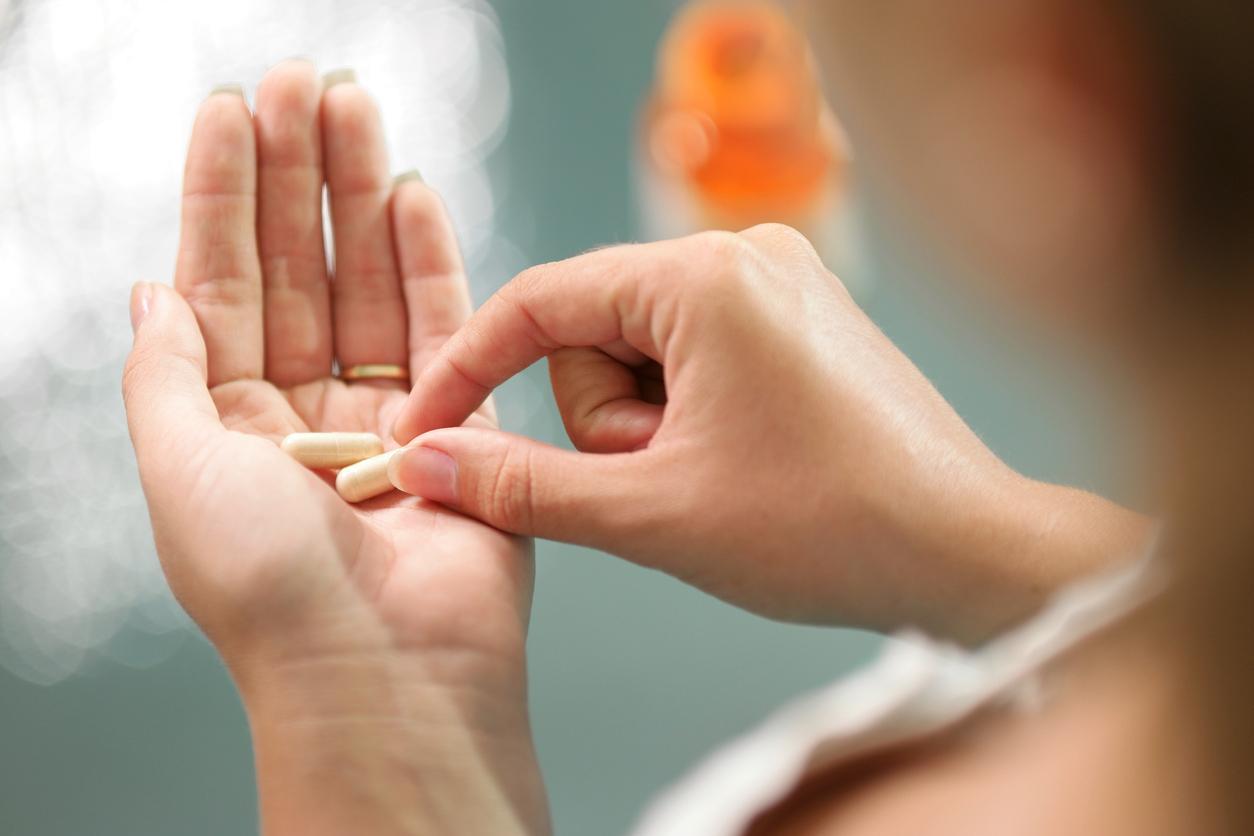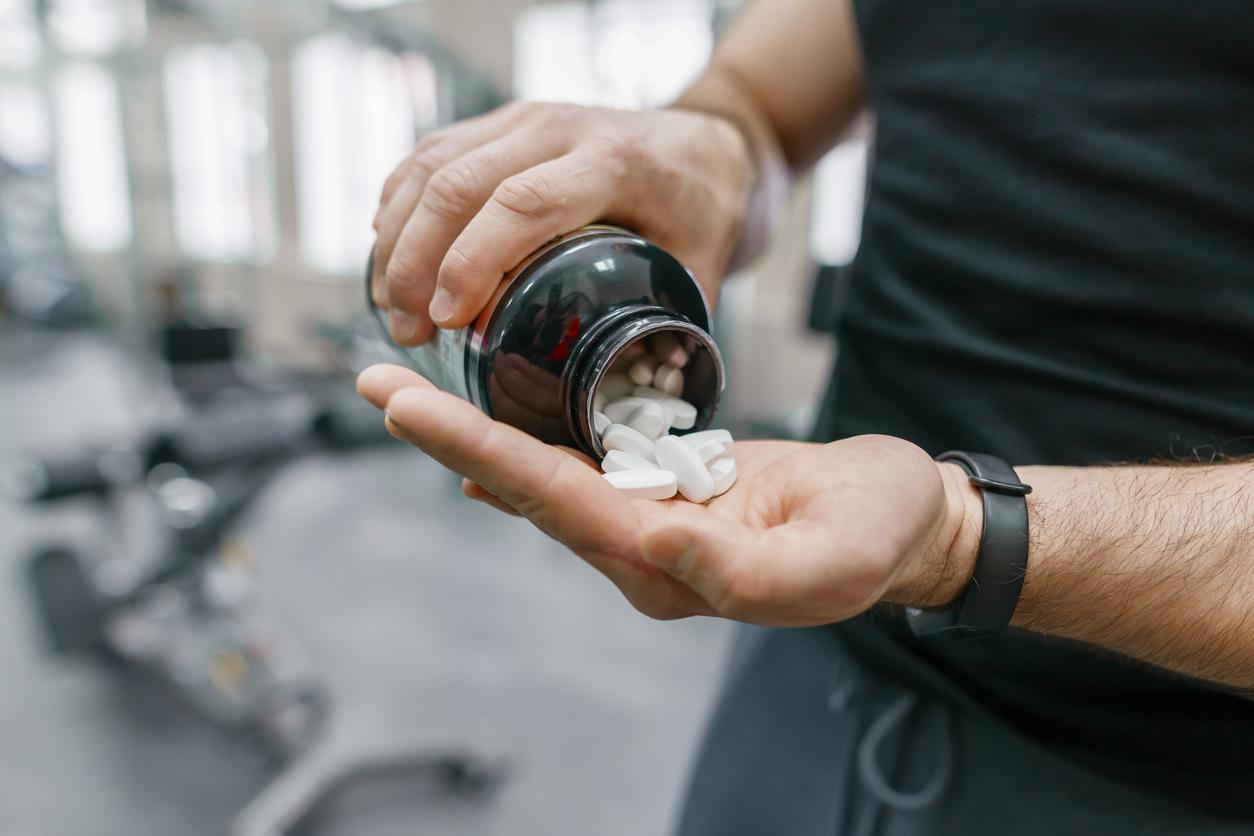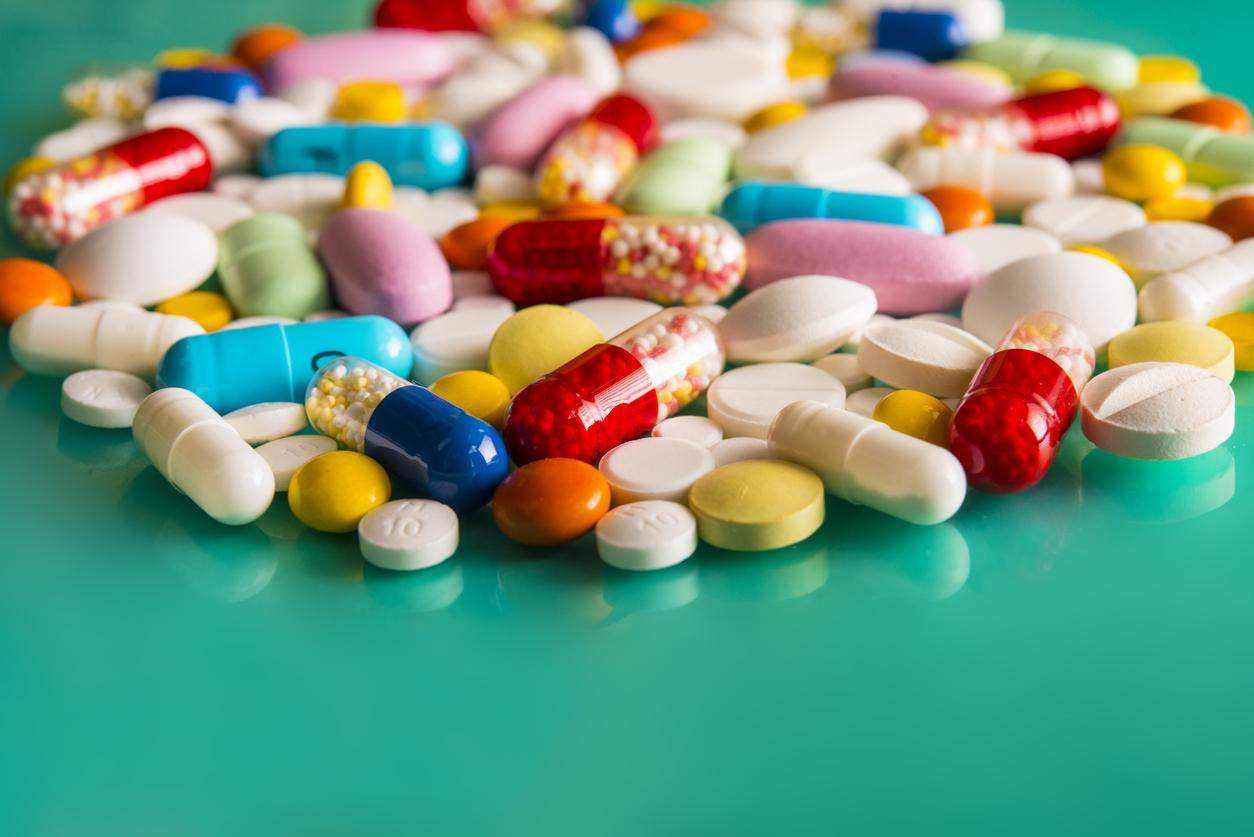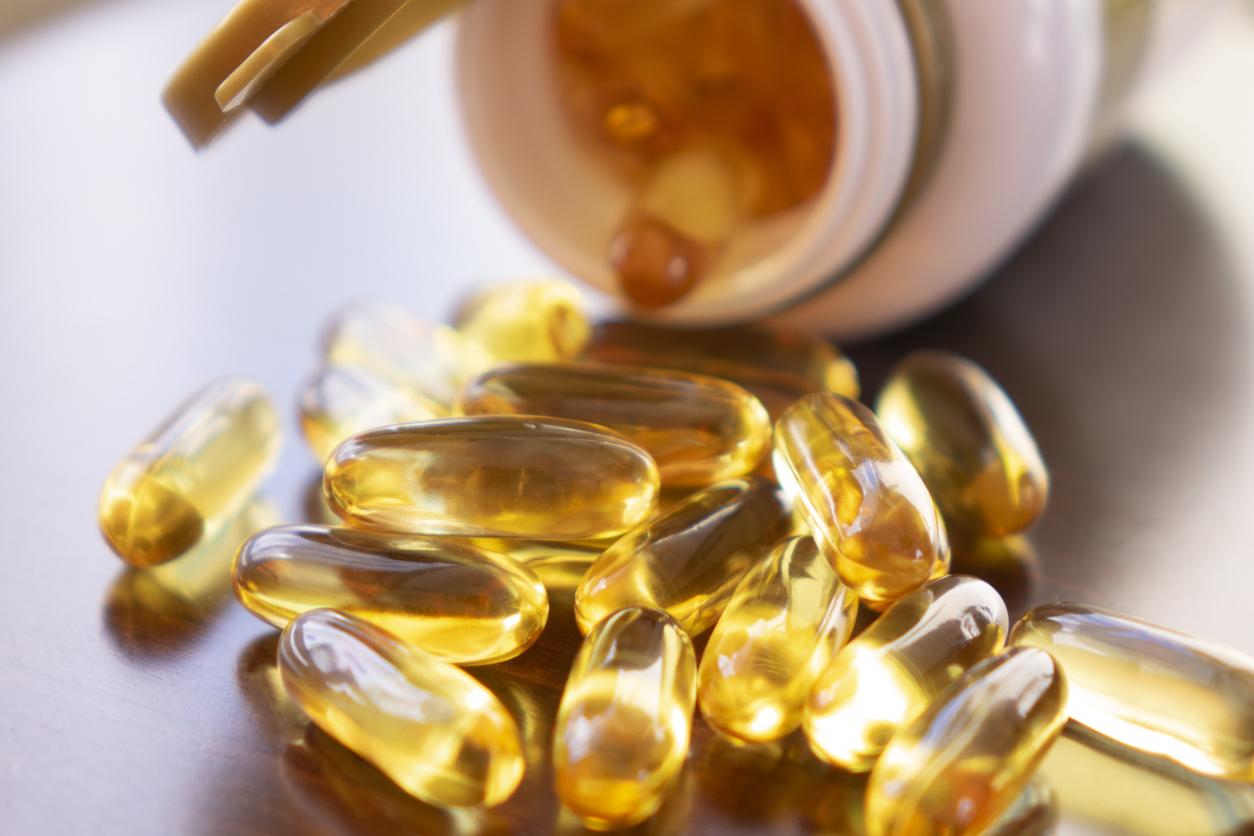The consumption of vitamins and food supplements has increased since the Covid-19 health crisis. Two specialists in pharmaceutical practice warn of the adverse effects of an overdose.

- Vitamins and dietary supplements can be dangerous if taken in too high doses.
- Scientists warn that overdoses can cause various symptoms.
- The ideal is to follow your doctor’s advice.
Vitamin C, D supplements, zinc or iron supplements… We often think that dietary supplements are safe and that they guarantee better health.
But Neelaveni Padayachee and Varsha Bangalee, two pharmacy practice instructors in South Africa, say they can be dangerous if taken incorrectly. The Conversationthey indicate the symptoms of an overdose.
High doses of vitamins are dangerous
Vitamin A/Retinol – important for maintaining good eye health, may cause chronic toxicity (hypervitaminosis) if the doses are higher than 10,000 IU per day.Symptoms include liver damage, vision loss, and increased intracranial pressure. It can cause birth defects in pregnant women.”, the scientists explain.
Vitamin B3, on the other hand, is useful for the health of the nervous and digestive systems but has real risks : it can cause peripheral vasodilation (widening or dilation of blood vessels in the extremities, legs and arms) causing hot flashes on the skin, a burning sensation, pruritus (itching of the skin) or even hypotension (drop in blood pressure).
Vitamin B6 is essential for brain and immune system function — especially for people who avoid red meat. But doses above 200 mg/day can damage peripheral nerves, such as those in the hands and feet, causing numbness or tingling.
Covid-19: no curative effect of zinc, vitamin C and vitamin D
Vitamin C is an antioxidant that helps repair body tissues. This vitamin has been recommended for prevention and treatment of the Covid-19 virus, but the evidence for its effectiveness is inconclusive. Experts indicate that high doses can cause kidney stones and interactions with certain medications.
Similarly, zinc was wrongly considered effective against Covid-19 for a while. Be careful because it may alter taste and smelland doses above 80 mg per day have been shown to have a harmful effect on the prostate.
Vitamin D, essential for healthy bones and teeth, was also recommended to fight Covid. In high doses, it can cause hypercalcemia (higher than normal blood calcium levels), which can lead to excessive thirst and urination, convulsions, coma and even death, the authors add.
There are many warning signs of a mineral overdose.
The two specialists also detail the adverse effects of high doses of calciumwhich can cause hypercalciuria (increased calcium levels in the urine), kidney stones, and secondary hypoparathyroidism (underactive parathyroid gland).
Magnesium, on the other hand, can cause diarrhea, nausea and abdominal crampsand interact with tetracyclines (antibiotics).
Finally, selenium may cause loss or weakening of hair and nails, skin and nervous system damage, rashes, fatigue and irritability. Iron in high doses is also dangerous because it can cause constipation, black stools, black staining of the teeth and abdominal pain.

















